Russia’s science and higher education ministry has dismissed the head of a prestigious genetics institute who sparked controversy by contending that humans once lived for centuries and that the shorter lives of modern humans are due to their ancestors’ sins, state news agency RIA-Novosti said Thursday.
Although the report did not give a reason for the firing of Alexander Kudryavtsev, the influential Russian Orthodox Church called it religious discrimination.
Kudryavtsev, who headed the Russian Academy of Science’s Vavilov Institute of General Genetics, made a presentation at a conference in 2023 in which he said people had lived for some 900 years prior to the era of the Biblical Flood and that “original, ancestral and personal sins” caused genetic diseases that shortened lifespans.



According to the philosopher of science, Thomas Kuhn, making assumptions and dismissing contradictory data is a regrettable but very common part of the scientific process that eventually results in a shift in the paradigm of thinking. Every scientific theory that we know today has gone through these phases and will likely continue to change in the future.
Humans are fallible, yes, and we do have biases that inevitably worm their way into our data and corrupt it. It’s one of the greatest reasons why we’ll never have real truth - only an approximation of it. However, that is not a reason to accept biases as an integral part of the scientific process. They are something we need to incessantly strive to minimize, specifically to keep the cycle you showed to a minimum; it’s a cycle of the failures of science, not the inherent process of it.
I wish I shared your optimism, my friend. Biases are increasing in the post-truth era, even in academia. That is a measurable fact.
All the more reason to never treat them as inevitable. It’s not a bad thing to both accept that we’ll never fully overcome them, but to try our hardest anyway - that’s what keeps them to a minimum. If we were to stop trying to avoid them, the scientific process would degrade even more.
Avoid what? Biases?
I agree with Thomas Kuhn that the bias is intrinsic. I think that his description of paradigm shift is a positive one, borne out of an era of conflicting data and intense argumentation.
Thesis and antithesis give rise to the a synthesis which becomes the next thesis, so on and so forth until our self inflicted nuclear apocalypse.
Avoid biases, yes. We can say “current data supports X,” and make whatever real-world decisions we need to make, while still accepting that future data may very well completely disprove that notion. It’s bad science to say “current data supports X, so Y is wrong,” but it’s also bad science to say “Yeah, I know current data supports X, but my gut says Y is true even without data, and that’s enough for me.”
That’s what I see more and more often in society recently; people are seeing that biases are something that can’t truly be avoided, so they’re accepting them instead, allowing themselves to completely abandon data in place of biases. When you catch yourself believing something is true even when data doesn’t currently support it, forgive yourself, as you’re human, but don’t allow yourself to continue believing that thing.
Well said. It takes a lot of honest introspection to determine why we believe a certain set of data instead of another set.